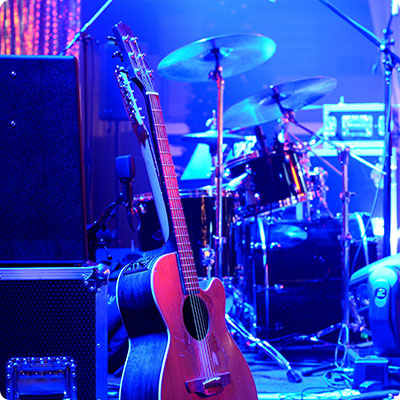According to the ethnic groups, objects of different confection
In Alaska, the most traditional souvenir to bring back is an object or a figurine carved from ivory or animal bone displayed in art galleries. But beware, these Inuit objects recognizable by the mark "Native Handicraft" accompanied by a silver hand or "made in Alaska" stamped with a polar bear, are not affordable, and this is understandable. Before being tempted by the "cheap", perhaps it is necessary to take the time to visit an art gallery and to be explained the life of such or such object exposed, to know in which community it was made to apprehend its history and thus admit its price. These objects are heirs of 23 000 years of history!
The Inupiaq work a lot with tools: arrows, bows, harpoons, spoons, belts... in local materials: ivory, fish skin, bear fur, horn... Their sculptures are not decorative but serve as amulets of protection in the local religion
The Yupik, them, decorate all their objects even the least important. They are known in particular for their wooden masks, painted with colored colors that have a meaning and following characteristic patterns. They are used for ceremonies and often destroyed at the end of the ceremony. They are used to bring luck to the wearer
The Tlingit use a practical art form, often linked to the making of clothing and carving. In particular, they carve totem poles and their canoes
The Athabascans, the most famous artists
In this tribe, they adorn their parkas, mittens, belts, small boxes or decorative art with pretty colored beads. The whole culture and art is essentially based on the Amerindians and Inuits (the ethnic groups of the Great North). It is their objects in particular that the galleries are numerous to expose: sculptures in ivory, masks, totems or woolen. They make them during the long winter days. The Inuit, thanks to the ivory walrus tusks collected on the beaches, sculpt scenes of their daily life. The Amerindians of the Southeast specialize in wood carving, particularly of totem poles. These were used to differentiate each clan. Aleuts, Tlingit or Inuit, each tribe had its masks. Used by the shaman or for dances, they are made from wood or leather and decorated with feathers, ivory and fur. They can be found in all museums and it is possible to buy them. Thus, some families perpetuate the traditions and maintain different ancestral activities
A family known for its craftsmanship
In the Shavings family, originally from Nunivak Island, carving a seal on walrus ivory is Chuck's specialty. This artist of Inuit origin is recognizable among all his creations. As for Louise, his sister, she is one of the 300 Inuit women on the entire Alaskan territory who are authorized to knit qiviut, otherwise known as muskox wool, considered the best wool in the world. It is stronger and eight times warmer than sheep's wool, softer and finer than cashmere. In short, a quality that has a price: 100 g cost about 3 000 US$! Musk ox was part of the basic diet of the Inuit. Massacred by the Russians and other invaders, it almost disappeared from the country. Reintroduced on Nunivak Island, it is now very present and makes the happiness of some very rich hunters who pay thousands of dollars to kill one of these lords of the ice.












